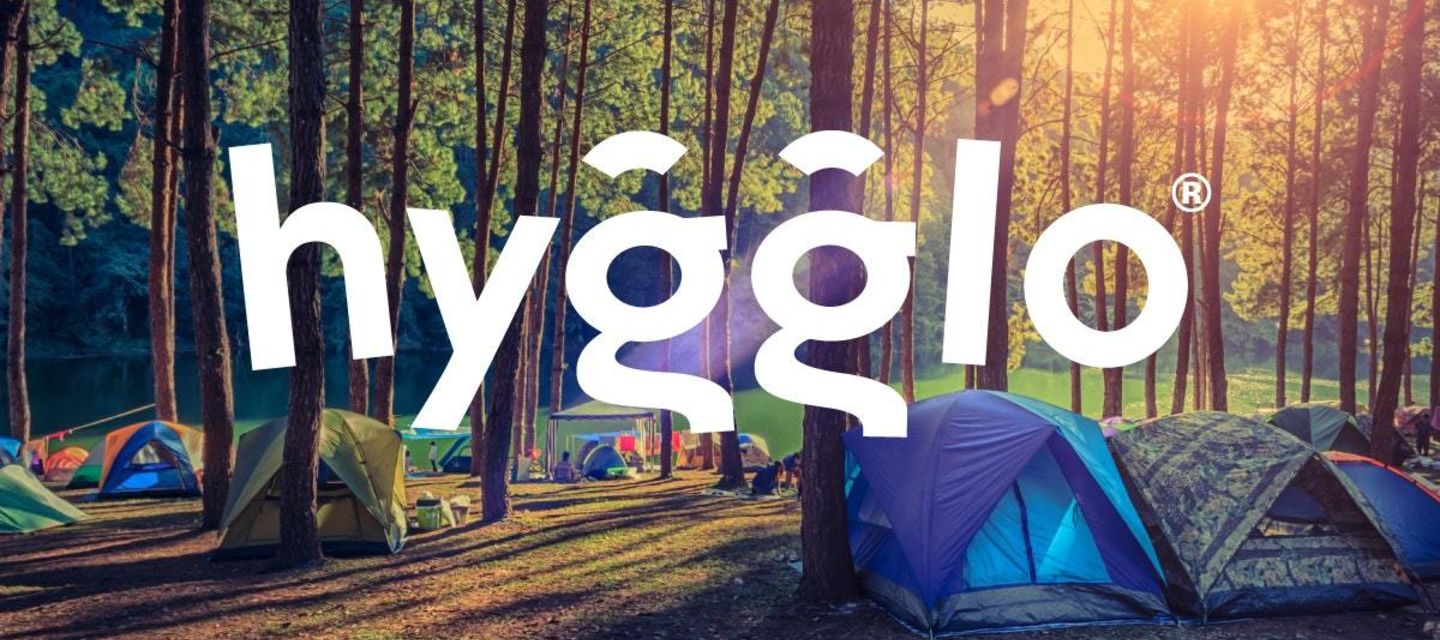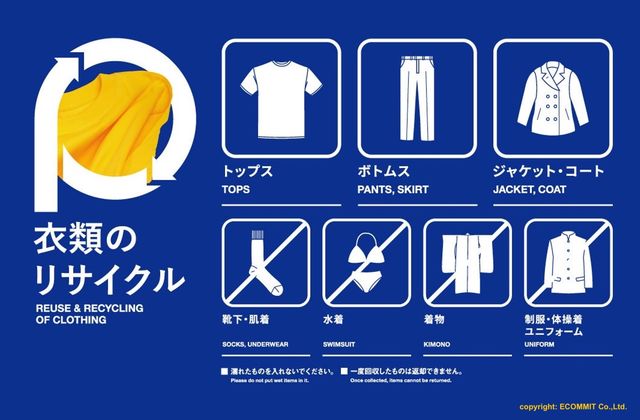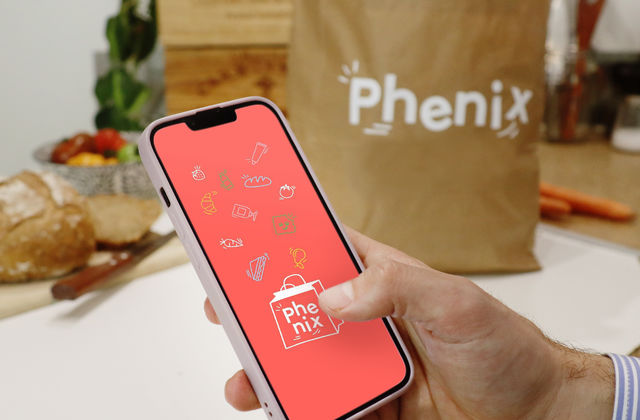What is it? Hygglo is the biggest peer-to-peer sharing platform in Europe’s Nordic countries (Hygglo, 2021). They offer a website and app on which members can lend out their items against payment. Items include tools, electronics, vehicles, sport equipment and others. Hygglo facilitates the rental and takes a 20% fee from the rental price (Hygglo, 2022).
Why is this important? Every good that is produced requires the input of precious resources, including energy and water, and also creates waste in the process. The creation of one drill, for instance, is estimated to create 52kg of waste (Edebo, 2018). Most households own a drill but it is only used for a short amount of its potential lifetime. An estimated 80% of items owned are mis-purchases or unnecessary purchases (Edebo, 2018). Sharing items with others might lower their demand to buy new while increasing the use of the existing item throughout its lifetime.
Main resource strategy: Narrowing the loop by increasing the use of existing products and reducing the demand for new items.
Business model aspects:
- Value Proposition: Hygglo offers a peer-to-peer rental platform for customers in Sweden, Norway and Finland. Members can offer items in over 1,000 categories and the platform shows them depending on the location and items on offer (Hygglo, 2021). By renting out items to others and sharing them, they can be used more often and might decrease the need for new production.
- Value Creation & Delivery: Hygglo facilitates the rental of products through their app and website. Users are registered at Hygglo through their BankID and if a member decides to rent from another, the payment is reserved during the rental period and paid out when the period is over (Hygglo, 2022).
- Value Capture: Hygglo takes a 20% commission fee on every rental transaction (and 50% on drone rentals) (Hygglo, 2022).
Strategies for degrowth/ sufficiency (based on sufficiency strategies from Niessen & Bocken, 2021):
- Awareness-raising: Hygglo communicate about overconsumption and sustainability in their Hygglo blog.
- Exchange platform: They provide a peer-to-peer sharing platform for items that allows the members to access other people’s products against a small fee and lend out their own items when not needed while earning some income.
Sustainability outcomes: IVL Svenska Miljöinstitutet undertook research on Hygglo’s impact in a neighbourhood in Stockholm. They estimated that by using Hygglo to access commonly rented items rather than purchasing them, 18 tons of CO2 could be saved annually (IVL Svenska Miljöinstitutet, 2018).
Sources:
***
About project Circular X
Project Circular X is about ‘Experimentation with Circular Service Business Models’. It is an ambitious research project funded by the European Research Council (ERC) which supports top researchers from anywhere in the world. Project CIRCULAR X runs from 2020-2025. The project is led by Principal Investigator (PI) Prof Dr Nancy Bocken, who is joined by a multidisciplinary team of researchers at Maastricht Sustainability Institute (MSI), Maastricht School of Business and Economics, Maastricht University. The project cooperates with businesses who want to innovate towards the circular economy.
Project Circular X addresses a new and urgent issue: experimentation with circular service business models (CSBMs). Examples of such new business models include companies shifting from selling products to selling services and introducing lifelong warrantees to extend product lifetimes. However, CSBMs are far from mainstream and research focused on experimentation is little understood. The research aims to conduct interdisciplinary research with 4 objectives:
- Advancing understanding of CSBMs; their emergence and impacts
- Advancing knowledge on CSBM experimentation
- Developing CSBM experimentation tools
- Designing and deploying CSBM experimentation labs
Funding source
This project has received funding from the European Research Council (ERC) under the European Union’s Horizon 2020 research and innovation programme, grant agreement No. 850159.
Using this information
When you cite this publication, please use the following source:
Circular X. (2022) Case study: Hygglo - Peer-to-peer rental instead of buying. Accessed from www.circularx.eu



